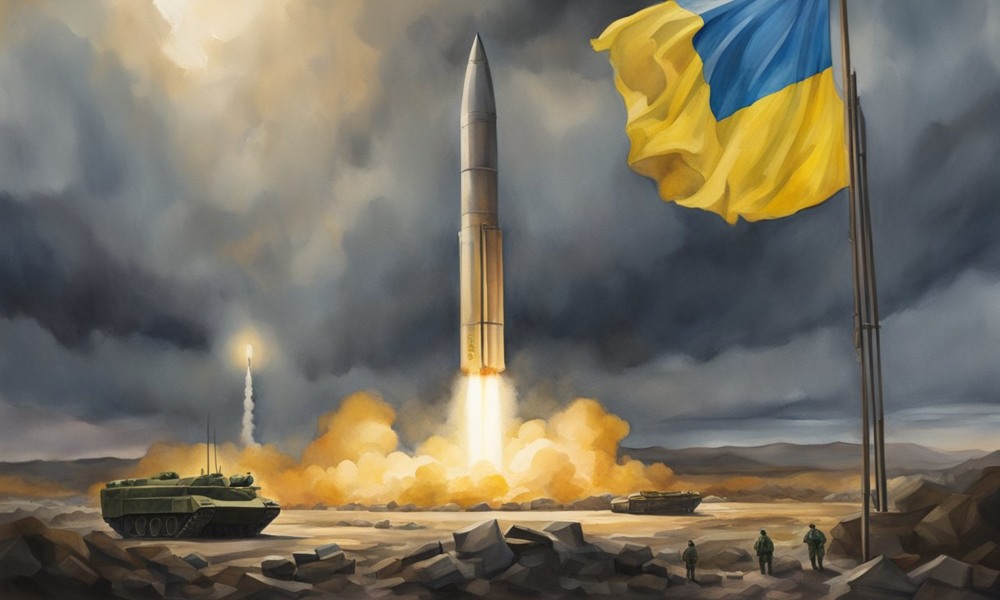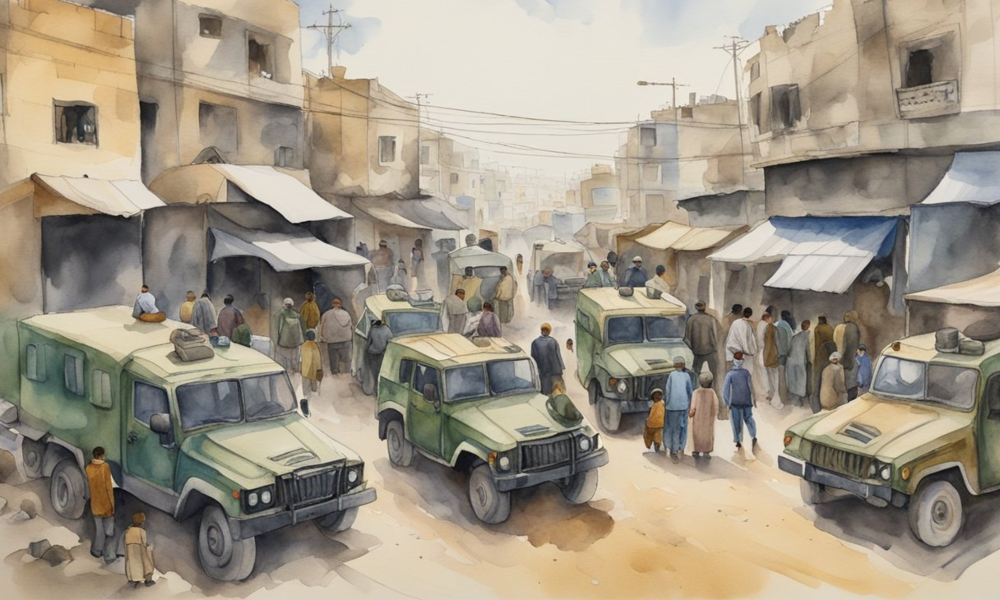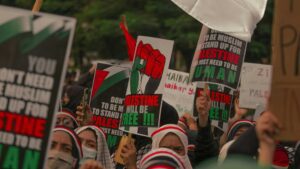Israel’s military has told around 100,000 Palestinian civilians to leave their homes in parts of eastern Rafah, a city in the Gaza Strip. They say this evacuation order is needed before a planned military operation in that area.
The key points:
- Israel wants Palestinians in eastern Rafah near the border to move to different areas
- The military calls these new areas “humanitarian zones” in al-mawashi and Khan Yunis
- Israel says this is a limited operation affecting about 100,000 people
- But many groups worry it could badly impact civilians still living there
Why is Israel ordering this evacuation? Will Palestinians be safe if they leave home?
Reasons Behind the Evacuation Order
Israel’s Prime Minister Benjamin Netanyahu says forcing Palestinians out of eastern Rafah temporarily is necessary. He claims it will allow Israel’s military to find better and remove remaining Hamas fighters hiding in that area.
However, many Western and Arab nations have raised concerns. They warn that a large Israeli ground operation in Rafah risks causing many civilian casualties and suffering.
As a compromise, Israel and its ally, the United States, have discussed plans for more targeted military actions instead of widespread attacks. But it’s still unclear if the new evacuation orders are part of that.
Humanitarian Nightmare Feared
Aid groups like UNICEF say forcing 100,000 people to leave their homes could create a humanitarian crisis. As a UNICEF spokesperson, James Elder called the potential impact “absolutely devastating.”
“Families in Rafah have already endured 6 months of war – constantly moving, homes destroyed, children malnourished,” Elder said. “Now they’re being told to move again to areas that have no safe shelter, little food/water, and no medical care.”
Elder said the areas Israel calls “humanitarian zones” have nothing in place to support displaced people properly. With raw sewage in the streets and few resources, he fears overcrowding and a lack of essential services.
What’s Next for Palestinian Families?
If they leave as ordered, many Palestinian families in Rafah face an impossible choice:
- Stay in the city and risk being caught in military crossfire
- Or evacuate to temporary areas with minimal food, water, shelter and medical aid
Iman, a young woman in Rafah, told Elder: “I know this evacuation has been coming. I just don’t know what to pack…nowhere is safe.”
Elder said some families with sick or injured members won’t even be able to flee safely. With hospitals already overwhelmed, it’s still being determined where critical patients will get needed care.
As Israeli troops prepare for potential action, hundreds of thousands of Palestinian lives hang in the balance. Humanitarian groups are scrambling for ways to avoid a catastrophe if the evacuation is enforced.
Will diplomatic efforts find an alternative solution before more civilians are displaced? Only time will tell in this rapidly unfolding crisis.
















